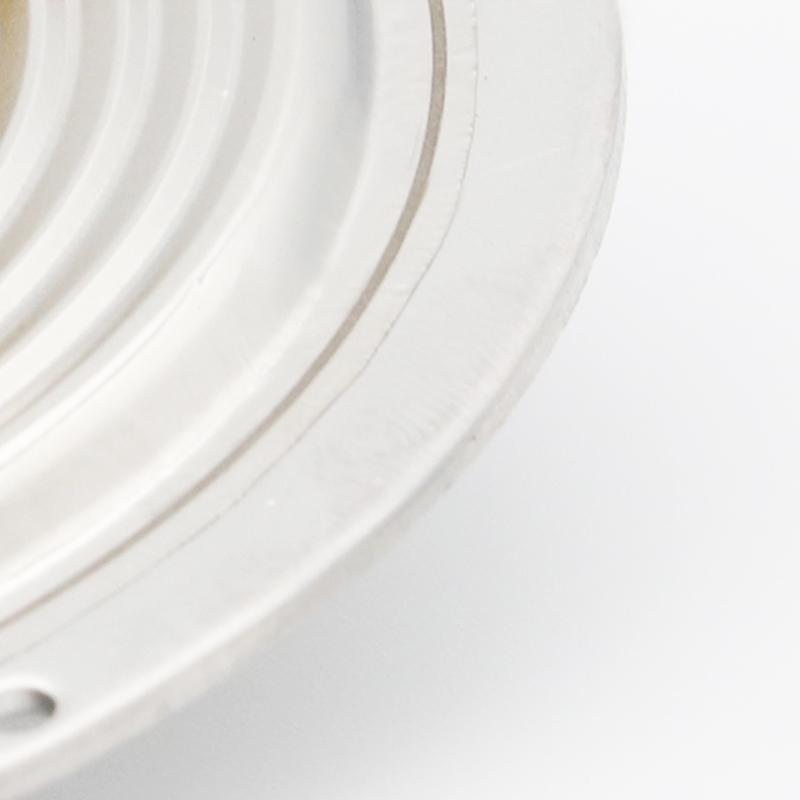
Dec . 22, 2024 14:18 Back to list
differential pressure gauge in pharma industry product
Differential Pressure Gauges in the Pharmaceutical Industry
In the pharmaceutical industry, maintaining stringent standards of cleanliness and process control is paramount. One of the essential tools used for monitoring and ensuring these standards is the differential pressure gauge. This instrument plays a critical role in various applications, including filtration processes, cleanroom environments, and the operation of bioreactors.
Understanding Differential Pressure Gauges
A differential pressure gauge measures the difference in pressure between two points within a system. In the context of the pharmaceutical industry, it is commonly used to monitor the pressure drop across filters, which is vital for assessing filter integrity and performance. As filters become clogged with particulates, the pressure drop increases. By continuously monitoring this parameter, operators can determine when a filter requires cleaning or replacement, thus optimizing the filtration process and ensuring product quality.
Moreover, these gauges are instrumental in maintaining the proper environmental conditions within cleanrooms. Cleanrooms are designed to minimize the introduction, generation, and retention of airborne particles, which is critical in pharmaceutical manufacturing. Differential pressure gauges help ensure that the pressure within a cleanroom is maintained at a level higher than that of adjacent areas to prevent contamination. By regularly checking the differential pressure, facility managers can promptly identify any breaches in containment or ventilation issues that may jeopardize product safety.
Applications in Filtration Processes
Filtration is a crucial step in pharmaceutical manufacturing. It ensures that the final product is free from unwanted particles and microorganisms. Differential pressure gauges are utilized to monitor the performance of various types of filters, such as HEPA (High-Efficiency Particulate Air) filters and membrane filters.
When a filter is functioning efficiently, the pressure difference across it remains within a designated range. However, as contaminants accumulate, the gauge's reading will indicate an increase in differential pressure. This serves as an early warning system, prompting maintenance staff to take corrective action before the filter becomes completely blocked. Regular monitoring of pressure differentials not only improves operational efficiency but also enhances the safety and efficacy of pharmaceutical products.
differential pressure gauge in pharma industry product

Bioreactors and Process Control
In biopharmaceutical manufacturing, differential pressure gauges are also employed within bioreactors, where biological reactions necessitate precise pressure conditions. Maintaining optimal pressure differences among various compartments of a bioreactor is essential for ensuring proper mixing, gas transfer, and overall reaction kinetics. The differential pressure gauge enables operators to monitor these conditions in real-time, facilitating prompt adjustments that support consistent product quality.
Furthermore, the data collected from differential pressure gauges can be integrated into automated control systems. This allows for real-time monitoring and adjustment of critical process parameters, leading to improved process reliability and reduced variability in product development.
Regulatory Compliance and Validation
The pharmaceutical industry is highly regulated, with strict guidelines set by organizations such as the FDA and EMA. The use of differential pressure gauges is often part of validated procedures to ensure compliance with these regulations. Proper calibration and maintenance of these instruments are essential to meet quality standards. Regular audits of differential pressure readings form part of the overall validation practices that help ensure that pharmaceutical products are produced under controlled conditions.
Conclusion
Differential pressure gauges are indispensable tools in the pharmaceutical industry, aiding in the monitoring and control of critical processes. From ensuring filter integrity to supporting bioprocessing and maintaining cleanroom conditions, these instruments contribute significantly to the production of safe and effective pharmaceutical products. As the industry continues to evolve with advancements in technology, the role of differential pressure gauges will likely expand, further enhancing the quality control measures that safeguard public health.
-
High-Precision 5 Valve Manifold Differential Pressure Gauge Suppliers
NewsApr.29,2025
-
High-Precision Diaphragm Vacuum Pressure Gauges Manufacturers & Quotes
NewsApr.29,2025
-
Omega Differential Pressure Gauges High Accuracy & Durability
NewsApr.28,2025
-
Low Pressure Differential Pressure Gauges Precision Solutions & Quotes
NewsApr.28,2025
-
Digital Diaphragm Pressure Gaauge Precision Measurement & OEM Quotes
NewsApr.28,2025
-
Differential Pressure Gauge China Price High-Accuracy & Best Quotes
NewsApr.28,2025
